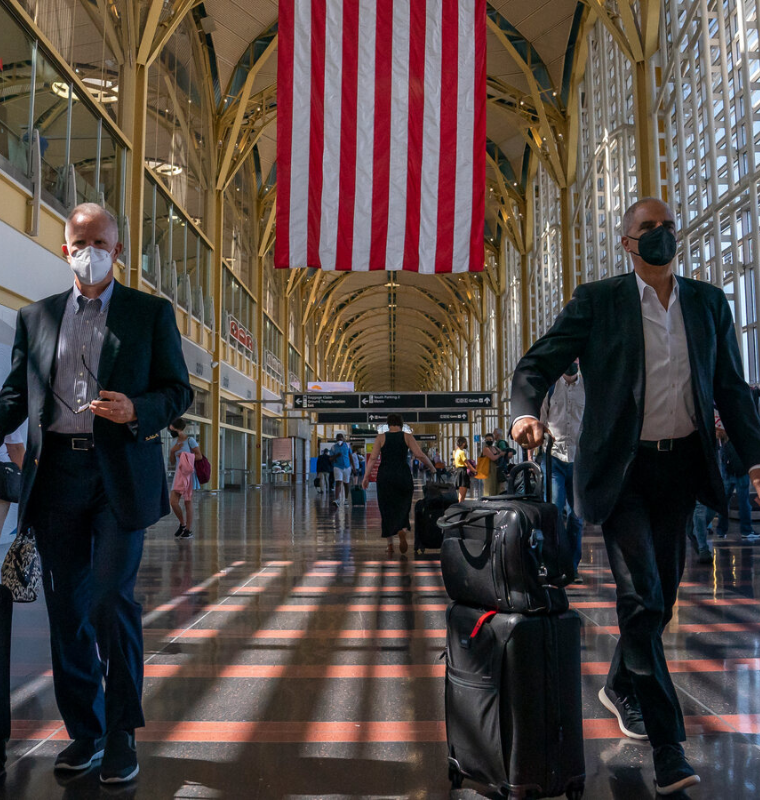Netflix’s “KPop Demon Hunters” Sing-Along Scores Big in Theaters — But Don’t Expect a Theatrical Pivot
Netflix’s “KPop Demon Hunters” Sing-Along Scores Big in Theaters — But Don’t Expect a Theatrical Pivot
By
Rachel Steinberg
Last updated:
August 26, 2025
First Published:
August 26, 2025

Photo: Variety
Netflix Turns Streaming Hit into Theater Event
Netflix surprised Hollywood over the weekend with a rare box office play: a limited theatrical release of the sing-along version of its animated smash hit KPop Demon Hunters. The two-day event drew an estimated $16 million to $20 million in ticket sales, according to box office analysts, who pieced together numbers from rival studio insiders and ticketing data.
While Netflix has not — and likely will not — disclose official box office figures, the turnout was enough to stir debate across the industry. Could the streamer finally be warming up to theaters? Analysts suggest otherwise.
How It Stacks Up Against Other Re-Releases
The numbers fall short of some recent theatrical re-releases. Star Wars: Revenge of the Sith pulled in $25 million domestically earlier this year, while the 15th anniversary screenings of Coraline earned $33 million. Still, Netflix’s animated experiment outperformed other high-profile reissues like Interstellar ($15 million) and Pride & Prejudice ($6 million).
For a film that debuted on Netflix in June and had already built a massive global audience online, the theatrical turnout signals strong fan enthusiasm rather than a new distribution strategy.
Netflix’s One-Off Theatrical Playbook
Unlike traditional studios, Netflix treats theaters as a marketing stage, not a primary revenue driver. Its theatrical runs are typically tied to awards-season hopefuls or event-style promotions. Analysts say KPop Demon Hunters fits squarely into that playbook.
“This absolutely does not change anything. It’s all about events for Netflix,” said industry analyst David Poland, stressing that the company has no interest in the expensive marketing campaigns or months-long release windows that drive traditional box office strategies.
Netflix negotiates case-by-case with theater chains, often offering better-than-usual revenue splits to exhibitors. The film played in about 1,700 U.S. theaters — just over one-third of the country’s screens — but notably skipped AMC, the nation’s largest cinema chain.
Streaming First, Theater Second
Despite the box office buzz, Netflix’s business model remains rooted in driving subscriptions, not ticket sales. The company invests heavily in content that goes straight to streaming, bypassing the costly theatrical-first approach. Marketing budgets for traditional studios can reach 50% of a production’s cost — an expense Netflix has largely avoided.
That doesn’t mean theaters are out of the picture. Netflix will partner with AMC in 2026 for Greta Gerwig’s Narnia adaptation, which will debut exclusively in IMAX for two weeks before hitting the platform. But those instances are exceptions, not the rule.
A Record-Breaking Streaming Success
The real story of KPop Demon Hunters lies in streaming. Since its late June debut, the film has become Netflix’s second-most watched English-language title ever, logging more than 210.5 million views. That puts it just 20 million shy of surpassing Red Notice (2021), Netflix’s all-time leader.
The sing-along event amplified cultural buzz, fueling social media trends and potentially driving even more streams. Paul Dergarabedian, senior analyst at Comscore, noted that the film’s brief theatrical run showcased how “eventizing” releases can build cultural moments and extend a movie’s lifespan.
The Bottom Line
Netflix’s sing-along stunt proves the company can mobilize fans and make waves in theaters when it wants to. But the $16–$20 million box office haul, while impressive for a re-release, is pocket change compared to Netflix’s subscription-driven revenue model.
Theatrical releases will likely remain rare, carefully curated promotional events — not a shift in strategy. For Netflix, the future of KPop Demon Hunters and its biggest titles still lies in the living room, not the box office.
Popular articles
Subscribe to unlock premium content
How Blue Bottle Coffee Became a $700M Specialty Coffee Icon

Gordon Moore: The Man Behind Moore’s Law and the Tech Revolution

How Shein Became a Fast Fashion Powerhouse Without Traditional Advertising

How Blue Bottle Coffee Became a $700M Specialty Coffee Icon

Gordon Moore: The Man Behind Moore’s Law and the Tech Revolution

How Blue Bottle Coffee Became a $700M Specialty Coffee Icon









